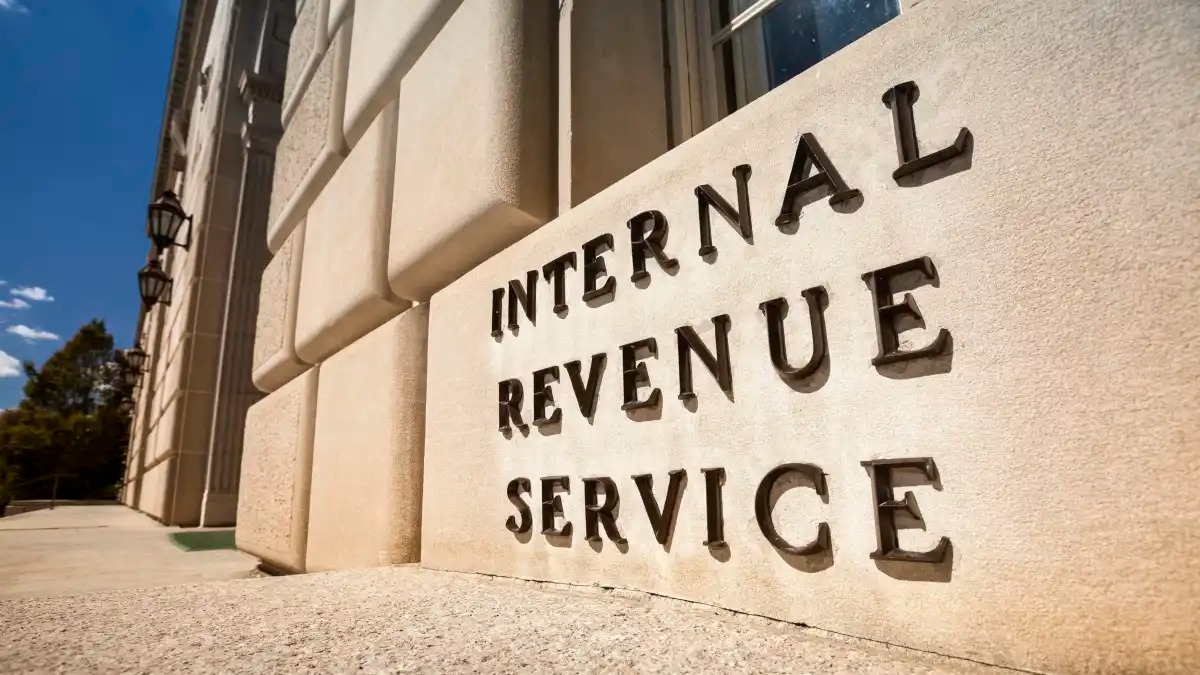

Finance
Accountant’s Letter Definition
Published: September 27, 2023
Looking for a clear definition of an accountant's letter in the world of finance? Gain insights into its purpose and importance with this comprehensive guide.
(Many of the links in this article redirect to a specific reviewed product. Your purchase of these products through affiliate links helps to generate commission for LiveWell, at no extra cost. Learn more)
Understanding the Accountant’s Letter Definition: A Guide for Financial Success
Welcome to our Finance category, where we dive deep into various financial topics to help you make informed decisions and achieve your financial goals. In this blog post, we will unravel the accountant’s letter definition and why it is an essential tool for businesses and individuals alike. Whether you’re a business owner seeking clarity on your financial statements or an individual hoping to secure a loan, understanding what an accountant’s letter entails can make all the difference in your financial success.
Key Takeaways:
- An accountant’s letter is a formal written document prepared by a certified accountant that provides reliable financial information and assurance.
- It is often requested by lenders, investors, or stakeholders to verify the accuracy and integrity of financial statements.
Now, let’s delve deeper into the accountant’s letter definition and its significance in the financial realm.
What is an Accountant’s Letter?
An accountant’s letter, also known as an engagement letter or representation letter, is a formal document that is prepared by a qualified accountant to provide assurance and attest to the accuracy of financial statements. It is often requested by lenders, investors, or stakeholders when evaluating the financial health of a business or an individual’s financial situation.
The accountant’s letter serves as a declaration from a trusted source that the financial reports and statements have been examined thoroughly to ensure they are free from material misstatements or errors. This document provides credibility and reliability, shaping stakeholders’ perception of the financial position and performance of the subject.
Why is an Accountant’s Letter Important?
An accountant’s letter holds great importance, particularly in scenarios where accurate and reliable financial information is crucial. Here are some key reasons why it is highly valued:
- Verification of Financial Statements: When seeking loans or investment opportunities, financial institutions and investors require assurance that the financial statements they are basing their decisions on are accurate and reliable. An accountant’s letter provides this verification, instilling confidence in the stakeholders.
- Identification of Financial Red Flags: An experienced accountant analyzes the financial statements to detect any irregularities or inconsistencies. Their expertise helps identify potential red flags that may impact the decision-making process.
- Compliance with Regulations: In certain industries, businesses must comply with specific regulations or standards. An accountant’s letter may be required to ensure the financial statements align with these regulations, avoiding any legal or compliance issues.
- Enhancement of Business Relationships: Providing an accountant’s letter to lenders or investors demonstrates transparency and professionalism, strengthening business relationships and opening doors for future growth and opportunities.
Conclusion
The accountant’s letter definition encompasses its role in verifying financial statements and providing assurance to stakeholders. It is an essential document for businesses and individuals, as it builds trust, validates financial information, and facilitates confident decision-making. Whether you are a business owner or an individual looking to secure a loan, understanding the accountant’s letter definition and its significance can lead you towards financial success.














